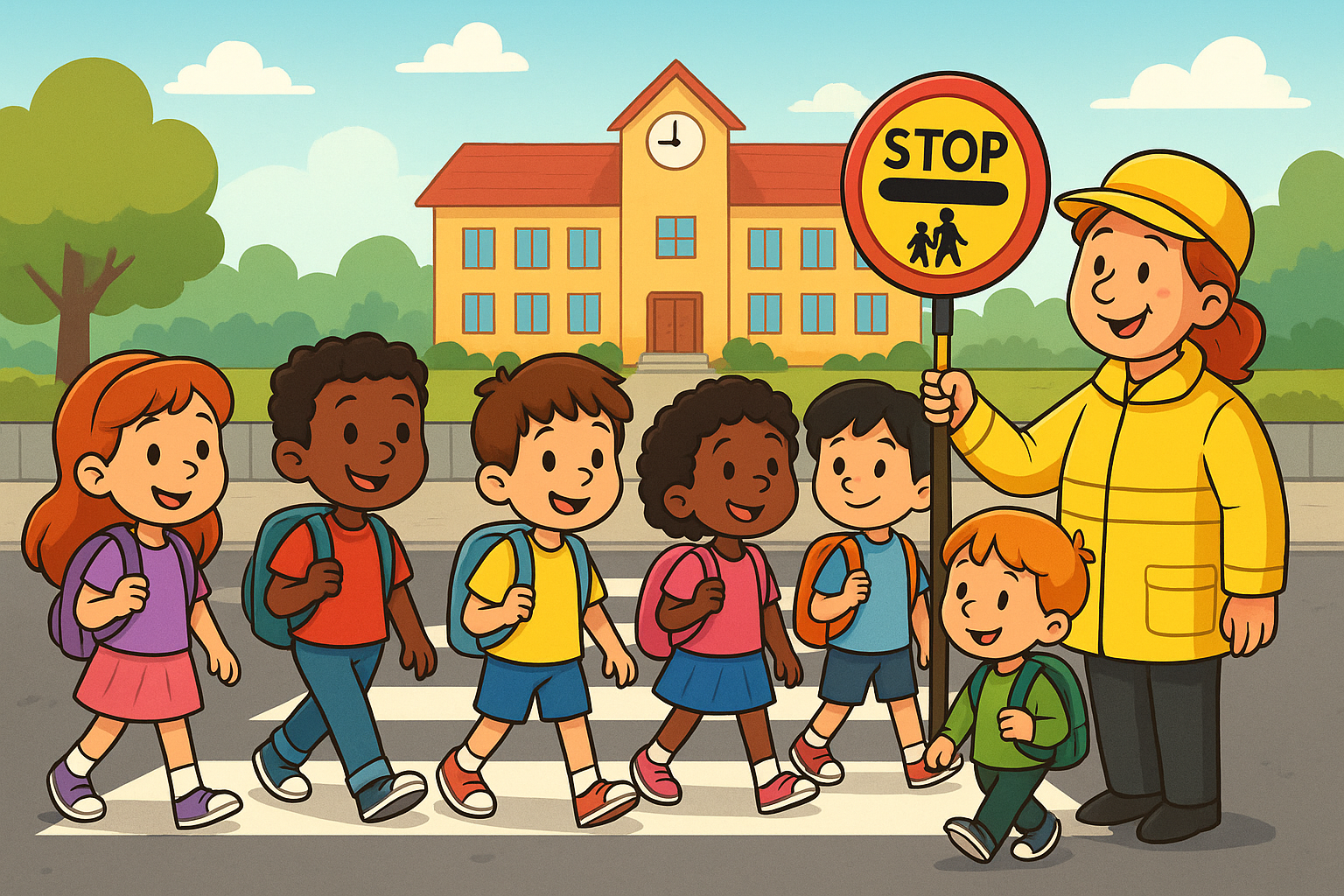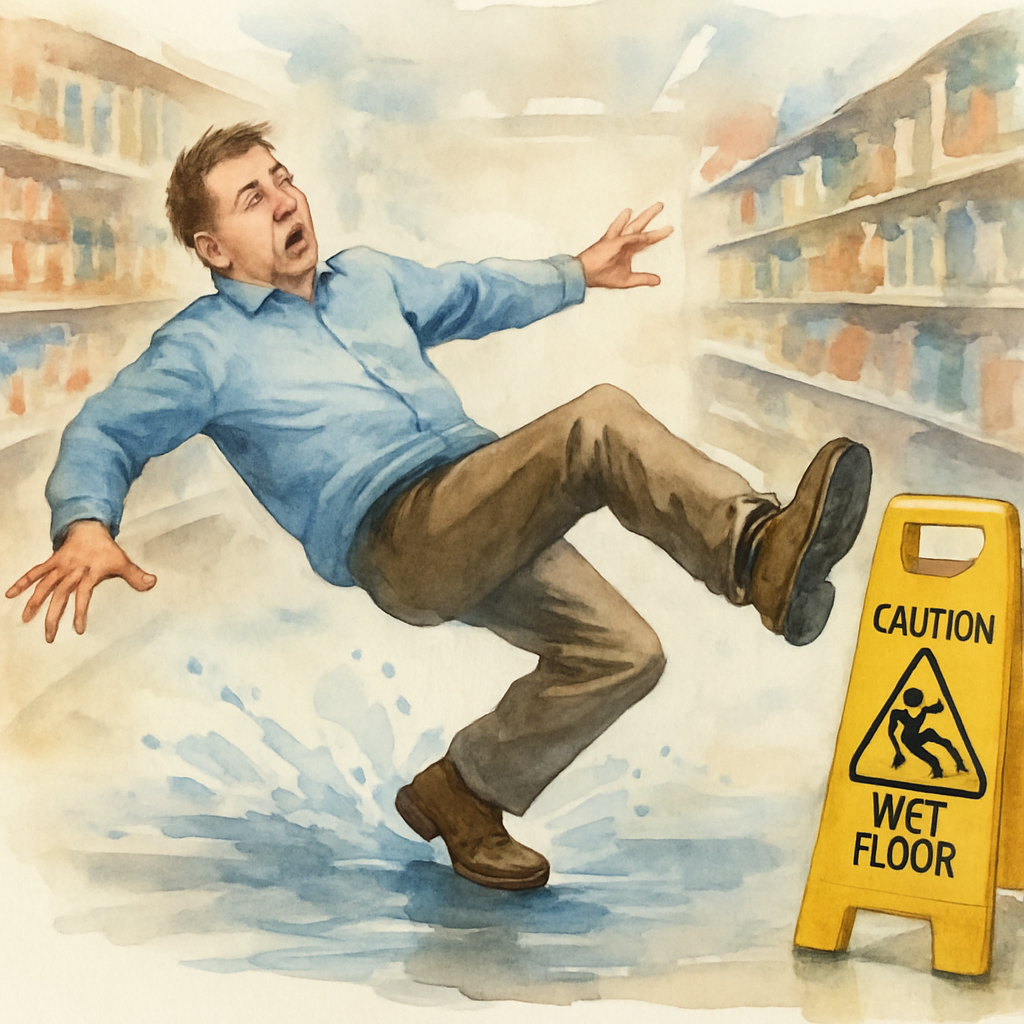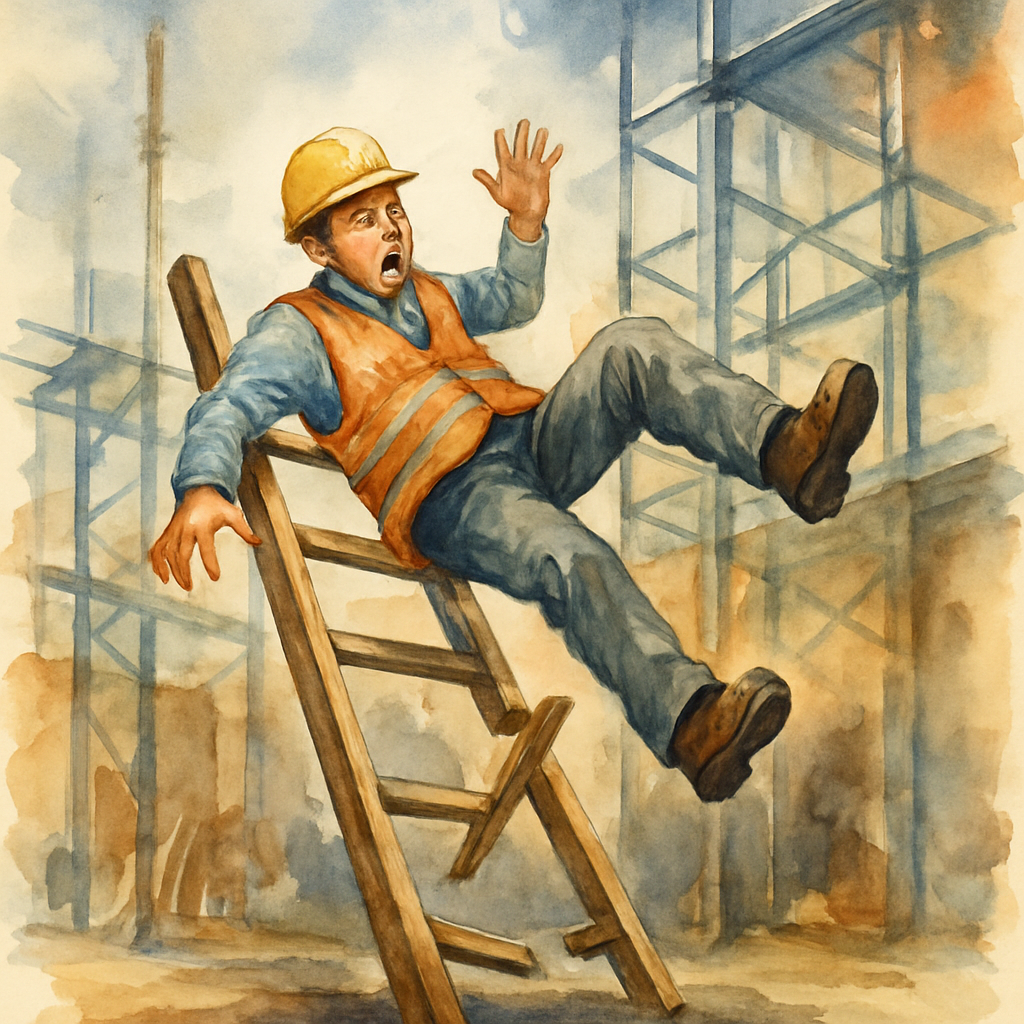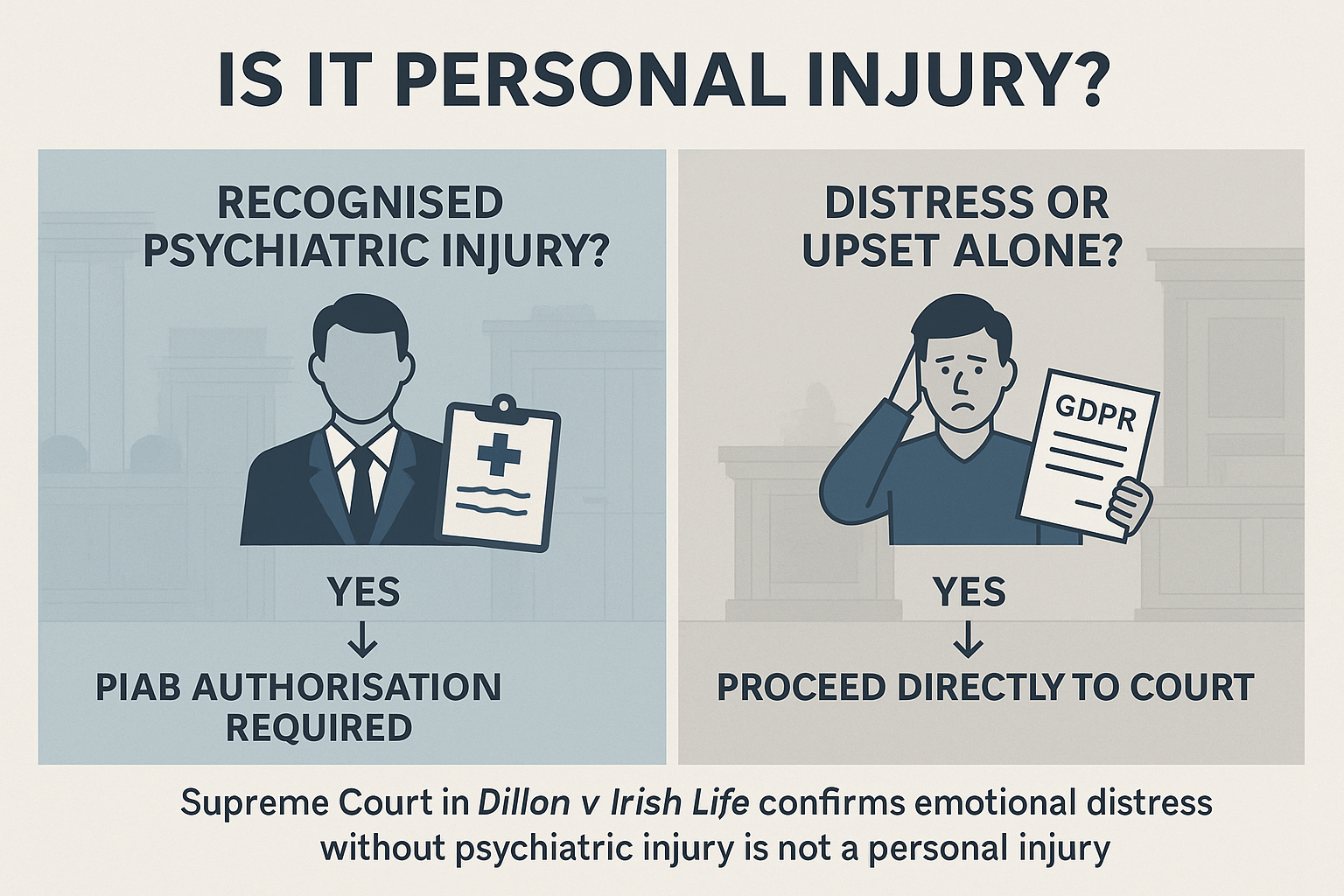As September begins, children across Belfast, Newry, Bangor, Lisburn and Derry Londonderry are settling back into the school routine. For some families, it’s the first school run of P1. For others, it’s simply the return to early mornings, traffic queues and packed bags.
The school run is often busy and stressful – and when people are in a hurry, safety can easily be overlooked. Sadly, accidents involving children happen every year in towns and cities across Northern Ireland.
At Lacey Solicitors, we not only support families after accidents but also encourage safer journeys for everyone. Below, we set out key tips for children walking, travelling by bus, or being driven to school – and explain your legal options if something goes wrong.
School Safety When Walking
Many children in Belfast, Armagh and Ballymena walk part or all of their school journey. If your child walks, remind them to:
-
Always stop, look both ways and listen before crossing.
-
Walk on pavements where possible. If none are available, face oncoming traffic and keep to the side.
-
Use zebra crossings, pelican crossings and lollipop patrols where available.
-
Avoid distractions like mobile phones or headphones while near traffic.
-
Never cross from behind parked vehicles or run into the road suddenly.
Developing these habits early helps children stay safe as they grow more independent.
School Safety on the Bus
For children who take the bus in Omagh, Enniskillen or Coleraine, basic awareness is vital. Teach them to:
-
Wait well back from the kerb as the bus approaches.
-
Only step onto the bus once it has completely stopped.
-
Stay seated while the bus is moving.
-
Look carefully in both directions before crossing after getting off.
-
Never walk behind the bus, where drivers cannot see them.
Driving Children to School
For parents in Lisburn, Bangor and Derry-Londonderry who drive their children to school, there are simple ways to reduce risks:
-
Make sure car seats are age- and size-appropriate, and securely fitted.
-
Leave home earlier to avoid the temptation to rush or park carelessly.
-
Park away from zigzag lines, corners or blocked driveways, even if it means walking further.
-
Obey school crossing patrols immediately – they are there to protect children.
-
Keep focused on the road at all times – avoid mobile phones and turn down distractions.
Slow Down in School Zones
Across Northern Ireland, traffic builds quickly at drop-off and collection times. Reducing speed to 20mph or less near schools gives drivers extra time to react if a child runs into the road. Even a few miles per hour slower can make the difference between a near miss and a serious injury.
When Accidents Happen
Despite every precaution, accidents involving children on the school run are still common. At Lacey Solicitors, we regularly advise families dealing with:
-
Pedestrian accidents outside schools
-
Child passenger injuries in car crashes
-
Cycling accidents on the way to school
-
Falls in school car parks or near bus stops
If your child has been injured on the journey to or from school in Belfast, Newry, Lisburn, Derry-Londonderry, Bangor, Ballymena, Armagh or elsewhere in Northern Ireland, and it was not their fault, you may be able to claim compensation.
Common Accidents at School
While all schools do their best to follow strict health and safety policies, accidents can still occur during the school day. Some of the most frequent incidents we see include:
-
Playground equipment accidents – children may fall or collide while playing.
-
Slips, trips, and falls on school premises – wet floors, uneven surfaces or cluttered hallways can cause injuries.
-
Science experiment injuries – mishandling equipment or chemicals can result in burns or cuts.
-
Accidents on school trips – trips and outings can carry unexpected hazards.
-
Fingers or hands caught in doors – heavy doors or lockers can trap children’s fingers.
-
Sports injuries – sprains, strains, or impacts during PE classes and extracurricular activities.
Even with excellent supervision, these accidents can have lasting effects. If your child is injured at school due to negligence or unsafe conditions, you may be entitled to compensation through a personal injury claim.
Why Families Across Northern Ireland Trust Lacey Solicitors
Clients across Belfast, Dublin, choose us for our award-nominated expertise, decades of experience, and client-focused service.
-
Recognised Leaders: Finalists at the 2025 LEAP Irish Law Awards, including Personal Injury Lawyer of the Year.
-
Expert Advice: Specialising in personal injury, insurance, and civil litigation with cross-border support.
-
Excellence & Innovation in Client Services
Our LEXCEL-accredited approach combines technology, responsiveness, and exceptional care—whether we’re handling a strightforward car accident or a devastating catastrophic injury claim. -
APIL Members: Proud members of the Association of Personal Injury Lawyers, ensuring the highest standards of practice.
Talk to Us Today
At Lacey Solicitors, we are committed to protecting children and supporting families across Northern Ireland.
If your child has suffered an injury while walking, travelling by bus or being driven to school, and the accident wasn’t their fault, contact our team today using our online portal. Our specialist solicitors are here to help you every step of the way.

















